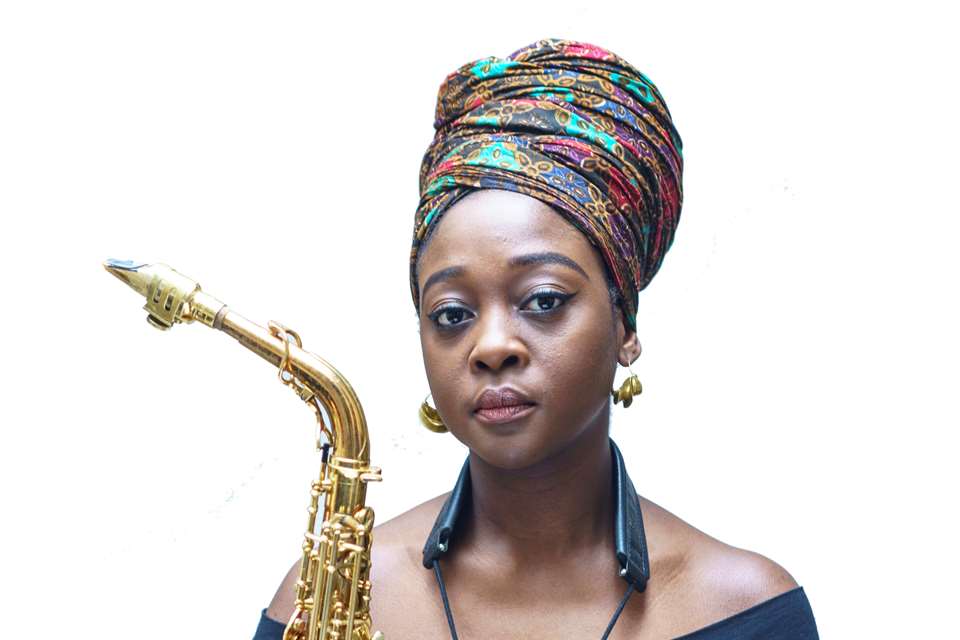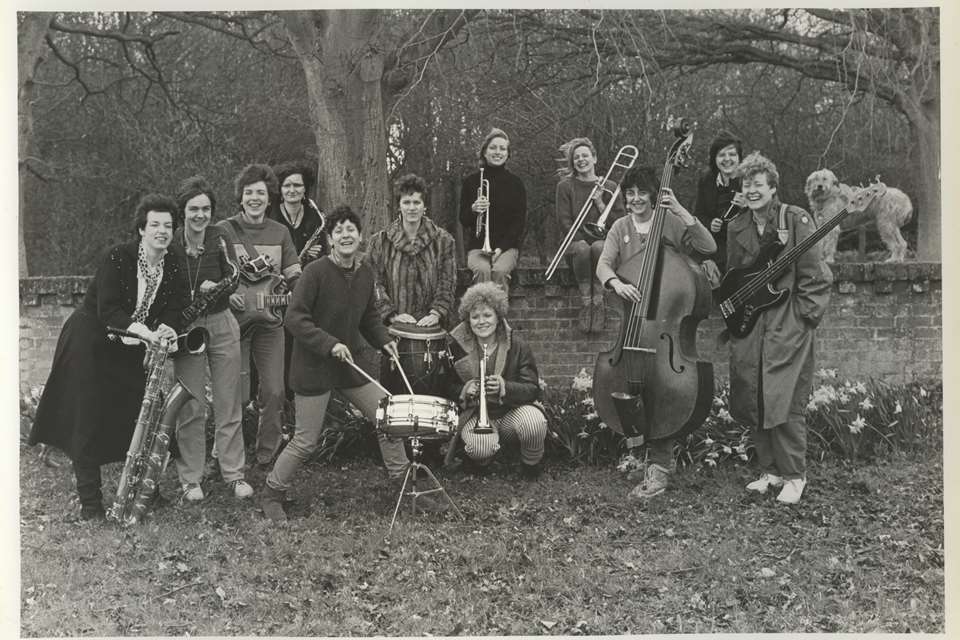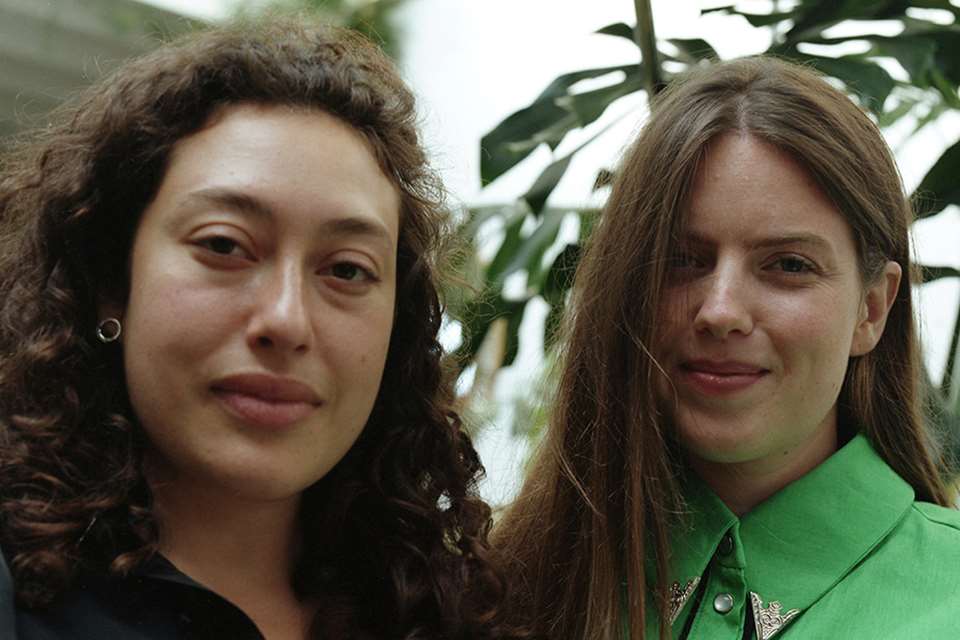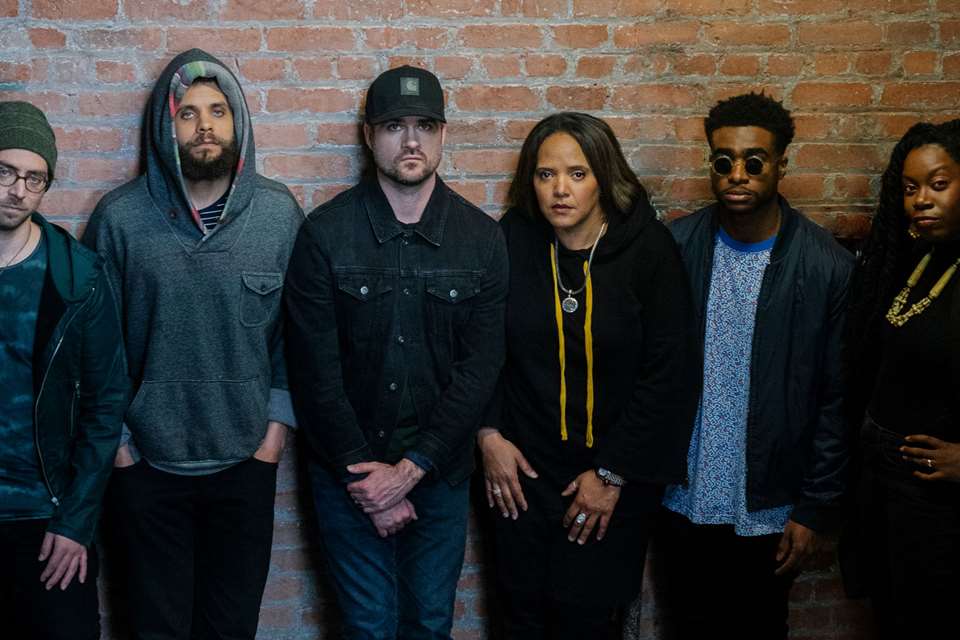Issie Barratt: Time For Change
Wednesday, April 15, 2020
A dedicated champion of the underdog, baritone saxophonist and educator Issie Barratt has long been an agent of change within jazz. Her latest vehicle for opening the eyes, ears and attitudes of audiences and musicians alike is her all-female collective Interchange, who’ve just released their spectacular debut album, Donna’s Secret. Nick Hasted found out more about Barratt’s campaigning on and off the bandstand. Photos by Sarah Hickson.


Register now to continue reading

Thank you for visiting Jazzwise.co.uk. Sign up for a free account today to enjoy the following benefits:
- Free access to 3 subscriber-only articles per month
- Unlimited access to our news, live reviews and artist pages
- Free email newsletter



